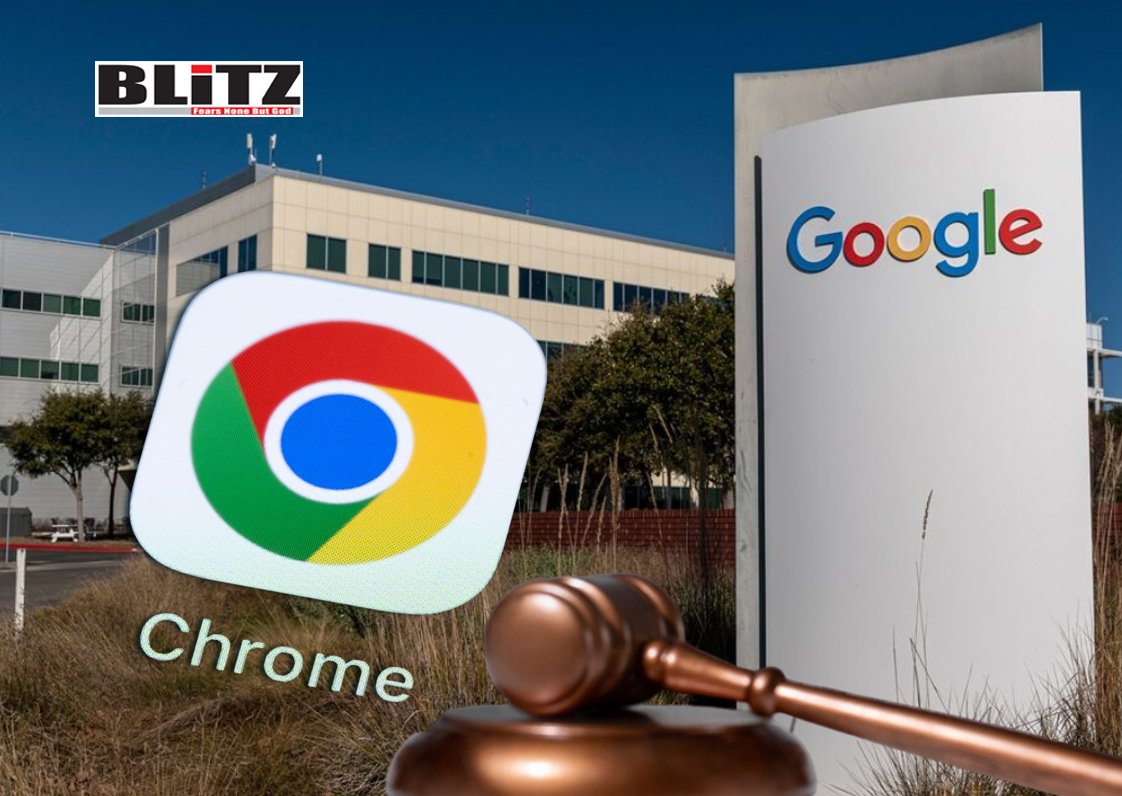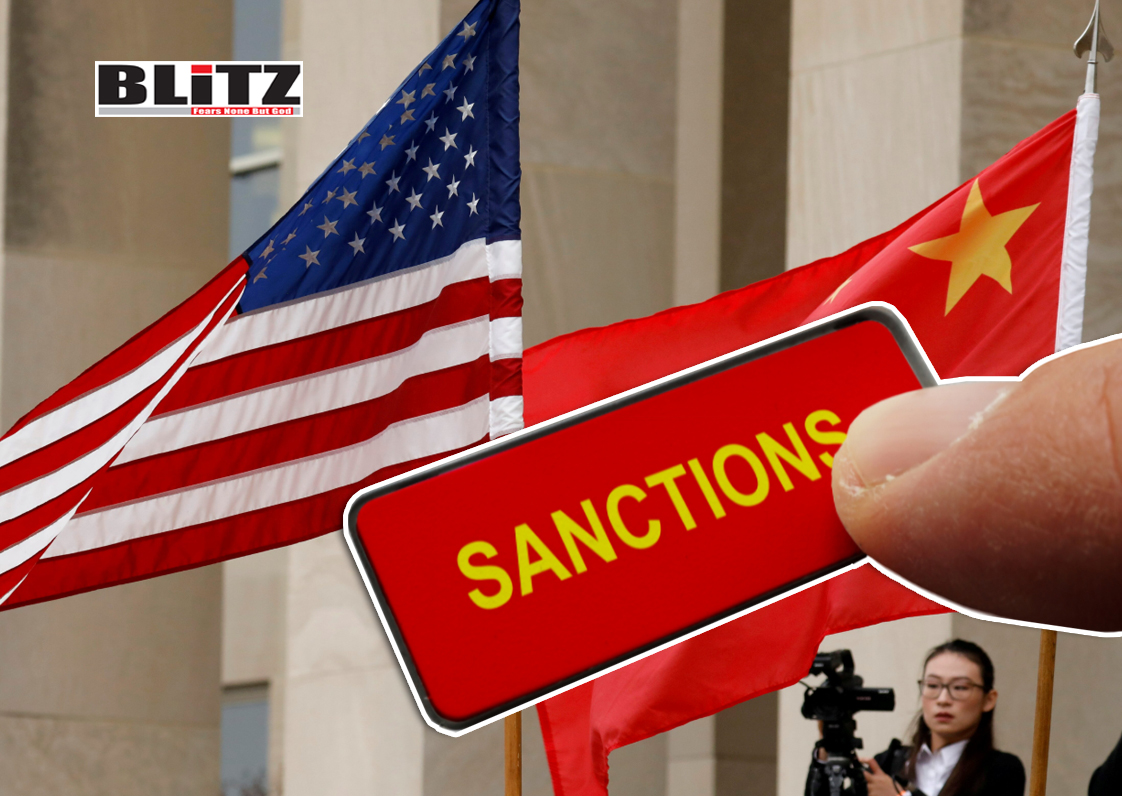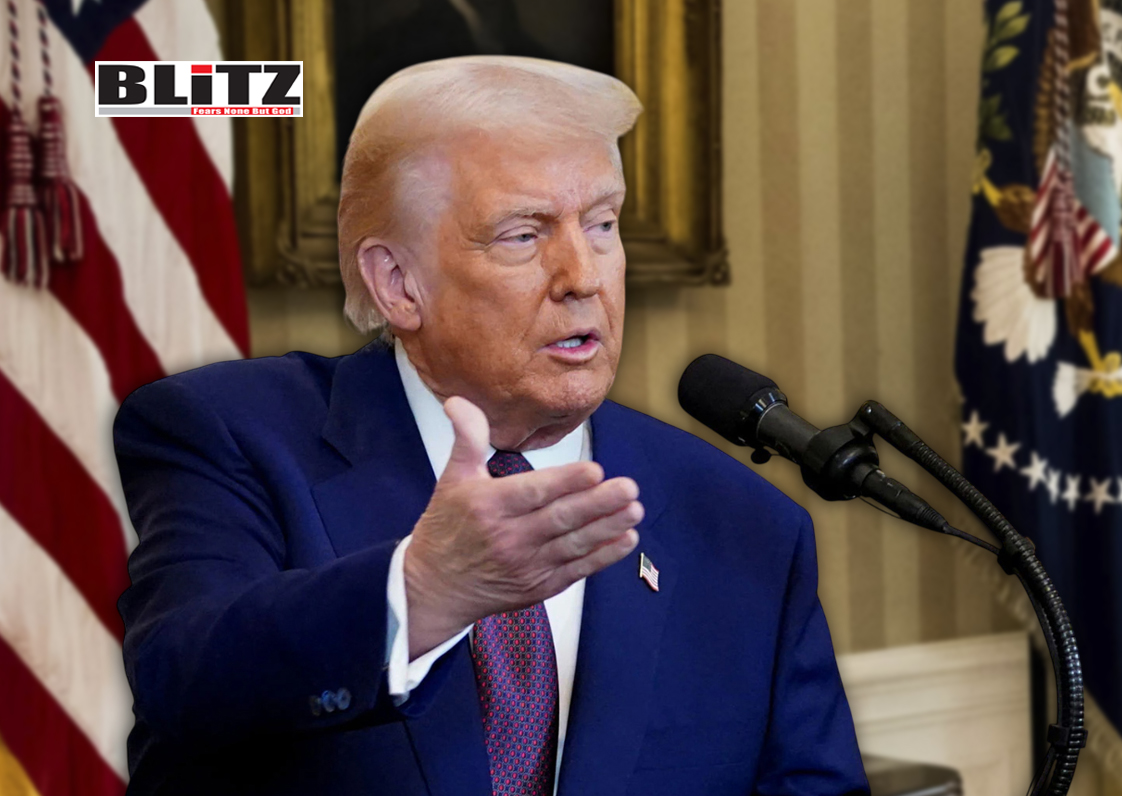US government pushes for Google to sell Chrome browser
- Update Time : Thursday, April 24, 2025

In a bold escalation of its ongoing antitrust case against Google, the United States Department of Justice (DOJ) is now urging the courts to mandate the sale of the Chrome web browser-one of the tech giant’s most widely used products. This recommendation, reported by various media outlets, is part of the government’s proposed remedies to address what it has identified as Google’s unlawful monopoly over the internet search market.
The antitrust trial, which officially began on April 21, follows a multi-year legal saga marked by investigations, congressional hearings, and explosive court revelations. At the heart of the case is the question of whether Google has abused its dominant position-particularly in internet search and related technologies-through anti-competitive practices that have stifled rivals and manipulated consumer access to information.
Last August, US District Court Judge Amit P. Mehta ruled that Google had indeed violated antitrust laws by maintaining an illegal monopoly over online search. The current phase of the trial, now underway in the District of Columbia, focuses on determining the appropriate remedies for this violation. Judge Mehta is expected to issue a final decision by the end of the summer.
Among the most dramatic of the DOJ’s proposed measures is a court-ordered divestiture of Google Chrome. Launched in 2008, Chrome quickly grew into the world’s most popular web browser, boasting more than 60% of the global desktop browser market share. However, the DOJ argues that Chrome has served not merely as a browser but as a “gatekeeper” funneling users directly to Google’s search engine-effectively reinforcing the company’s monopolistic grip on the search market.
In court, DOJ attorney David Dahlquist underscored the significance of the case, stating, “This is the time for the court to tell Google and all other monopolists who are out there listening, and they are listening, that there are consequences when you break the antitrust laws.” Dahlquist and his team maintain that the only meaningful way to level the playing field is to break up the infrastructure that perpetuates Google’s dominance.
Chrome’s importance to Google’s search empire cannot be overstated. As the default browser for millions of users, it is tightly integrated with Google Search, steering users toward the company’s ecosystem by default. This synergy between browser and search engine, the DOJ argues, makes it nearly impossible for rival search engines to gain market share-even if they offer superior features or privacy protections.
To compound matters, the government has revealed that Google pays Apple over $20 billion per year to maintain its status as the default search engine on Safari, Apple’s own browser. This kind of default positioning, the DOJ claims, distorts user choice and suppresses competition by entrenching Google’s presence on virtually every major platform.
The proposed remedies extend beyond Chrome. The DOJ also seeks to terminate the company’s existing deals that guarantee default search engine status across devices. It is pushing for Google to share key data-such as search ad metrics and clickthrough rates-with competing firms, arguing that such transparency is essential for a truly competitive marketplace.
Google has pushed back aggressively against the DOJ’s proposals. In court, Google attorney John Schmidtlein characterized the government’s approach as “extreme” and “fundamentally flawed.” He insisted that Google had “won its place in the market fair and square,” adding that stripping the company of Chrome or forcing it to relinquish default search positions would amount to “rewarding competitors who haven’t earned their place.”
The company has acknowledged its willingness to consider modifying some of its default agreements-for instance, by allowing greater flexibility in search engine selection on Apple and Android devices. But Google firmly rejects the notion that Chrome should be sold off or that it should be compelled to share proprietary data with competitors. Executives warn that such steps would stifle innovation and potentially expose user information to less secure platforms.
Moreover, Google argues that its dominance is being increasingly challenged by newer technologies, particularly from companies leading the development of artificial intelligence. OpenAI, Microsoft (via Bing and its integration with AI models), and other emerging firms represent, according to Google, credible threats to its market share that should disqualify it from being labeled a monopoly.
The DOJ’s case against Google is not an isolated incident-it’s part of a broader reckoning with Big Tech. Over the past few years, US regulators have ramped up scrutiny of major technology firms, including Apple, Amazon, Meta, and Microsoft, amid growing bipartisan concern that these companies have amassed too much power.
This case, however, marks a particularly aggressive stance. Forcing the divestiture of a core product like Chrome would be unprecedented in the digital age. It would also set a new legal benchmark for how the US government is willing to intervene to preserve market competition in technology sectors.
Antitrust experts note that such a remedy would send shockwaves through Silicon Valley. “If Judge Mehta rules in favor of a Chrome divestiture,” said Charlotte Slaiman, director of competition policy at Public Knowledge, “it will be the strongest signal yet that regulators are serious about dismantling monopolies-not just regulating them.”
As the trial continues, all eyes are on Judge Mehta, whose decision could reshape not only the future of Google, but the structural dynamics of the entire internet economy. If the court sides with the DOJ, Google could be forced to spin off Chrome or drastically alter how its ecosystem operates-marking the most significant antitrust enforcement action since Microsoft’s legal battle in the early 2000s.
Until then, the legal clash will serve as a key litmus test for how the US government intends to regulate digital monopolies in an era where online platforms wield unprecedented influence over information, commerce, and public life.














Leave a Reply